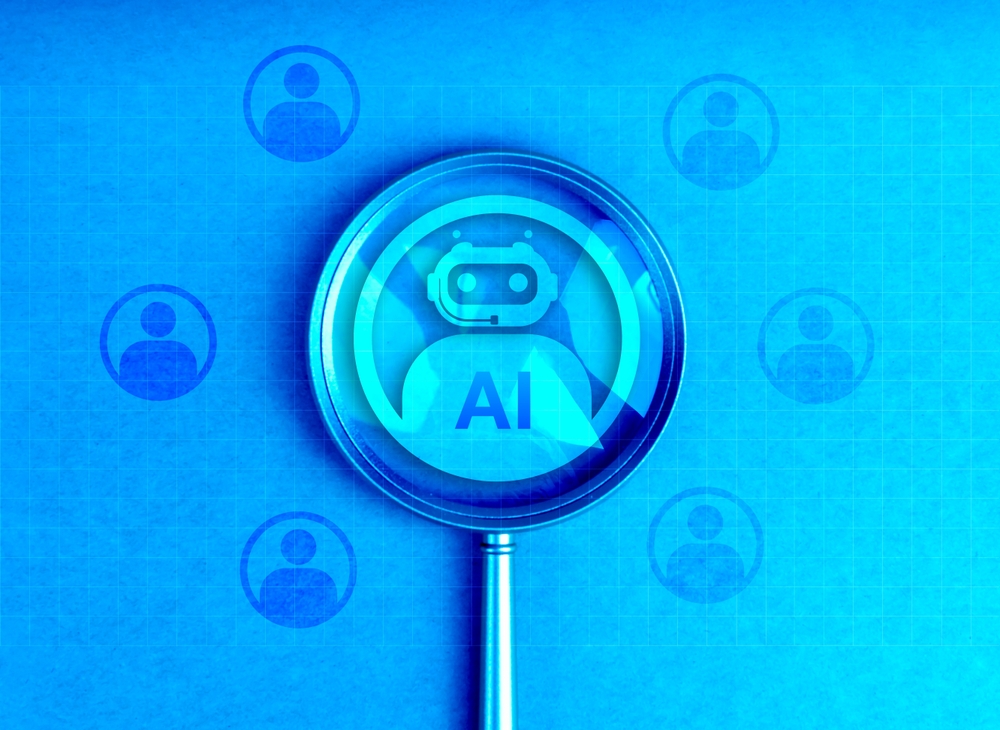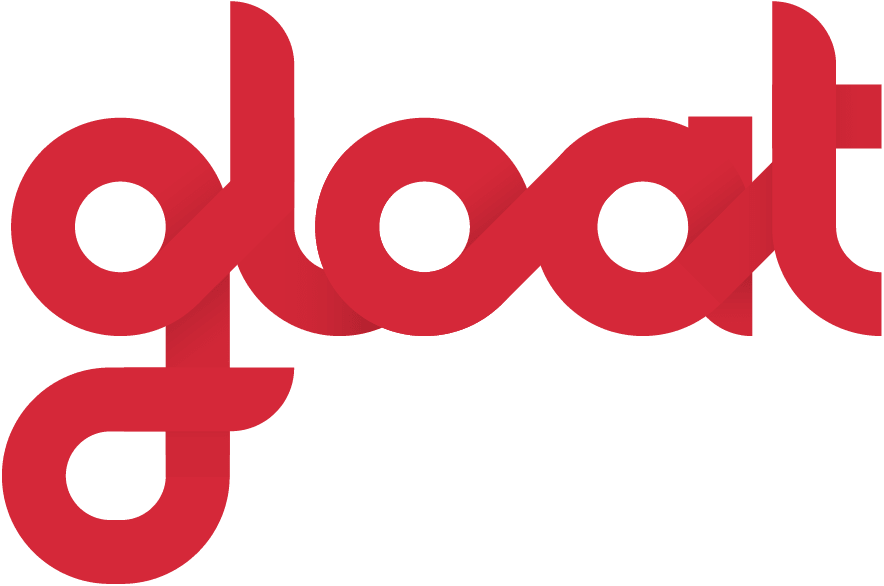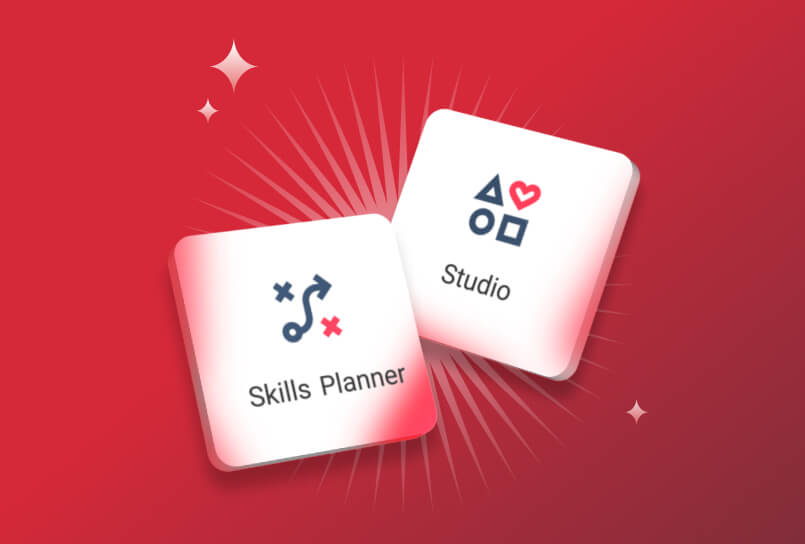How leading enterprises are preparing their workforces for the GenAI revolution
Find out how to reskill and upskill employees so they can thrive in the age of AI

AI isn’t coming; it’s already here, reshaping the way companies work. For large, forward-thinking organizations, the challenge now isn’t preparing for AI but using it to make their workforce more productive and efficient. Many global enterprises are embracing this shift, knowing that their success depends on how well they prepare their people.
That’s why these companies are taking a thoughtful approach to AI. They’re focusing on three main areas: teaching employees basic AI skills, helping specific roles gain new skills, and planning ahead for roles that may change as AI takes over certain tasks. At Gloat, we’ve been partnering with our customers to help them act on these priorities.
3 best practices to ensure your workforce is prepared for the GenAI revolution
If you’re looking to prepare your organization to use AI to your advantage to pivot ahead of the curve, prioritize these best practices
#1. Teach basic AI skills to everyone
To get the most out of AI, everyone needs to understand the basics. Building AI literacy across the company helps employees see where AI can make a difference in their jobs. This doesn’t mean everyone has to become a data scientist, but understanding tools like ChatGPT can make employees more comfortable using AI and help them spot opportunities where it can add value.
With Gloat, companies can make AI learning part of employees’ daily workflow. Our integrated learning marketplace allows employees to explore AI courses and skill-building resources at their own pace. Through projects and mentorships, they can practice what they learn, giving them hands-on experience that goes beyond theory and makes AI relevant to them
#2. Help specific roles gain new skills
AI won’t affect every role in the same way. Some jobs will benefit significantly from AI, while others may remain mostly unchanged. The challenge for companies is to identify where AI will have the biggest impact and to provide targeted training for those roles. Gloat’s Gen AI Exposure Report helps companies look at which roles are most likely to be boosted or automated by AI, allowing them to focus training where it matters most.
Once companies understand which roles need new skills, they can use Gloat Skills Planner and Studio to identify the best people to train and create custom programs that meet the specific needs of each role. This tailored approach helps employees build the skills they actually need for the future, rather than following a one-size-fits-all model. It ensures that their training is purposeful and directly tied to their work.
#3. Plan for roles that might change
AI will also mean that some jobs might change significantly—or even become obsolete. This is a tough reality, but one that companies must address proactively. By planning for roles that may be automated, companies can avoid disruption and retain valuable employees by finding new ways for them to contribute.
Gloat’s insights help companies think ahead about which roles are likely to be affected by AI, giving them time to plan. With this information, leaders can match employees to new opportunities within the organization and design training to help them transition smoothly. This approach doesn’t just protect the business; it reassures employees that they’ll have a meaningful place in the company’s future, even as their current roles evolve.
A real-world example: the changing role of the executive assistant
One of Gloat’s customers recently used our platform to assess the impact of GenAI on their workforce, focusing specifically on the Executive Assistant (EA) role. Traditionally crucial to executive productivity, the EA role now faces challenges as many of its core tasks are vulnerable to automation or support from AI.
The assessment showed that a significant portion of an EA’s responsibilities could be affected by AI. For example, 16% of their tasks, like data entry and scheduling, were identified as having high automation potential. Another 52% of tasks, such as communication and attention to detail, were flagged as areas where AI could support the work, making it more efficient.
With this information, the organization recognized the need to help EAs develop new skills and evolve their roles. They identified other areas in the company where EAs’ strengths, such as communication and problem-solving, could be valuable. Then, they designed upskilling programs to help EAs either move into roles less affected by automation.
This approach allowed our customer to turn a potential vulnerability into a new opportunity for growth. Rather than simply reacting to AI’s influence, they used it as a chance to help their employees adapt and continue adding value.
Building a future-ready workforce
More and more large companies are turning to Gloat for support in making their workforce more productive and adaptable in an AI-driven world. These organizations understand that preparing for AI is about more than adopting new technologies. It’s about creating a workplace that’s flexible, resilient, and always ready to learn.
By focusing on AI literacy, targeted upskilling, and careful planning for roles likely to change, HR leaders can help their teams thrive in this new world. Gloat’s Agile Workforce Operating System is designed to support these goals, giving companies the ability to build a culture that’s proactive, not just reactive, to AI’s possibilities.
With Gloat, companies gain more than just AI skills—they create a workforce that’s ready to adapt to whatever comes next. Through a thoughtful approach to learning, development, and workforce planning, we help companies create a future where employees aren’t just along for the AI ride; they’re leading the way.
Want to learn how you can prepare your workforce for shifts in job and skill needs that AI is setting into motion? Find out more about Skills Planner and Studio.





